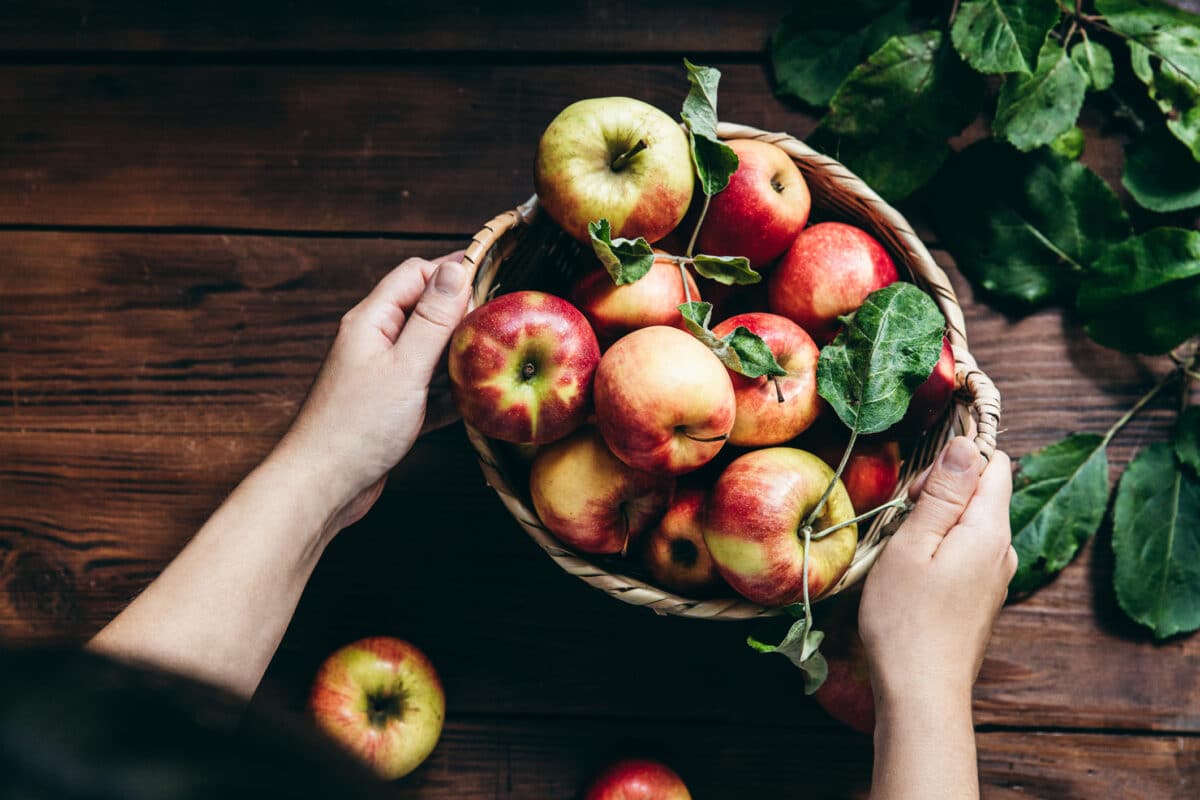Heart-Healthy Diet Tips
Eating to prevent heart disease and improve cardiovascular health

What’s good for the heart is also good for the brain. By taking care of your cardiovascular health, you’ll not only lower your risk for a future heart attack or stroke, but you can also protect your brain and improve how well you think and feel.
View FAQs
Eating to prevent heart disease and improve cardiovascular health

Lifestyle changes to protect your heart and brain health

A guide to getting started and developing a balanced plan

Tips for building a fitness plan, and finding the best exercises for you


